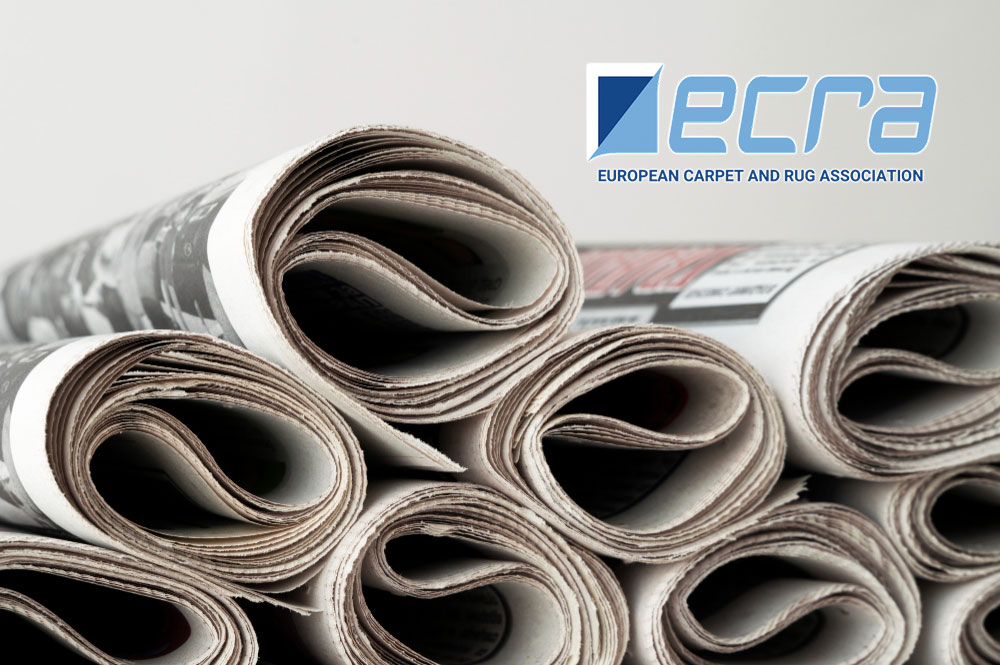The European Commission’s Circular Economy Action Plan 2.0 will accelerate the transition from a linear to a circular economy and constitutes an essential shift to a low-carbon industry. The European carpet and rug industry supports this transition and presents realistic objectives and adequate measures in its strategy paper.
The industry has the potential to play a leading role in achieving Europe’s ambitions for a climate-neutral and circular economy but believes that it can only be achieved if it is fully supported by a well-functioning EU regulatory framework with adequate funding and financial incentives.
Through the implementation of its strategy, the European carpet and rug industry aims to develop its full potential for a robust and consistent shift to a circular economy. In its strategy paper, the industry presents innovation as the driver of change, making new technologies and circular materials permanent features of the future, and increasing sustainable and renewable products in the market adhering to the principles of circularity.
The industry approach relies on a fully integrated, multidimensional and cross-sectorial value chain enabling industry-wide initiatives to be implemented. The active participation of all stakeholders is required to make these initiatives successful. It is vital to consider the entire life cycle of the products from inception and design for ‘end-of-life’, through to manufacturing and consumption. Products should not only have a reduced carbon and material footprint, but should also be capable of contributing to the circular economy by preventing or reducing waste and increasing the level of material reuse. The industry therefore encourages the better management of scarce resources and continues to focus on the creation of material pools, proactively prohibit the use of substances of high concern, target zero waste to landfill initiatives and support the recycling of plastics.
About ECRA
The European Carpet and Rug Association (ECRA) was established in 2004 and represents more than 40 leading carpet producers from 6 European countries. Together, the members account for approximately 90% of European textile wall-to-wall carpet production and 73% of EU consumption. As an international membership association, the exchange of knowledge, ideas and experience between members and stakeholders is encouraged. The aim is to continuously improve the industry’s environmental and health impacts in order to help conserve natural resources, prevent climate change and protect human health. To achieve this, ECRA conducts industry research and analysis, and develops international and EU standards at a product level.
